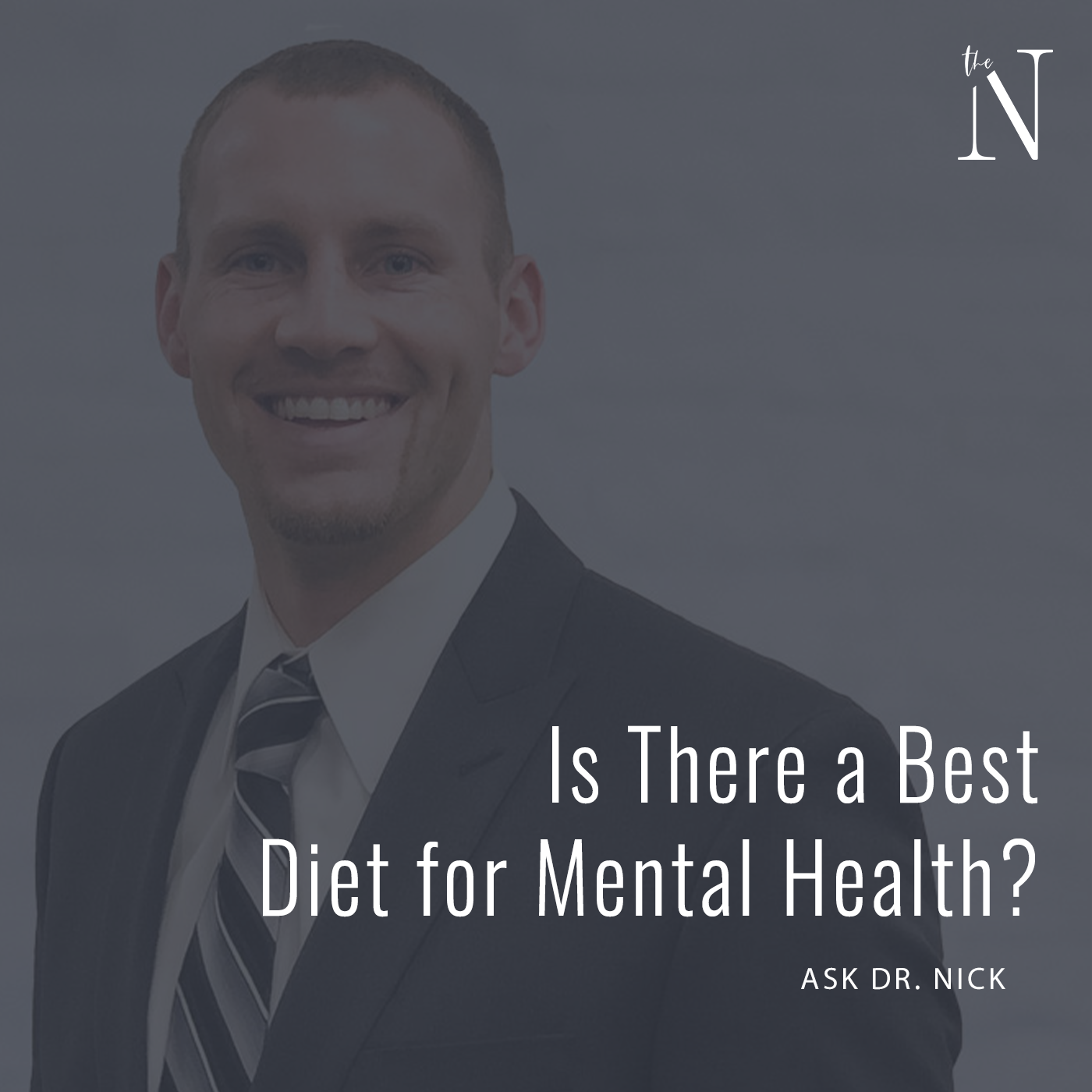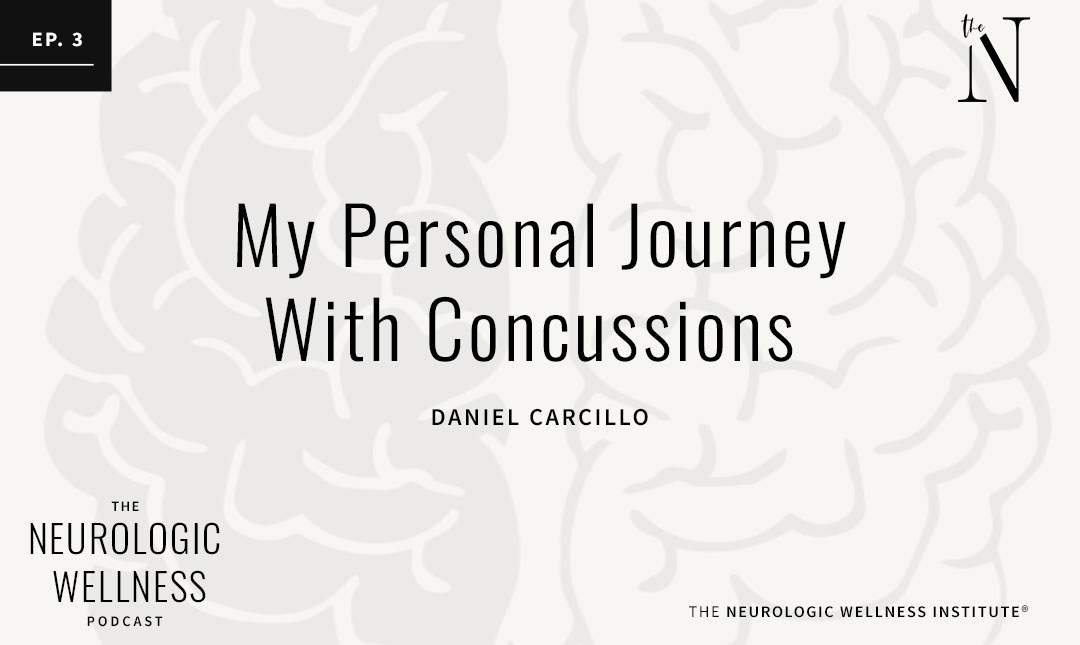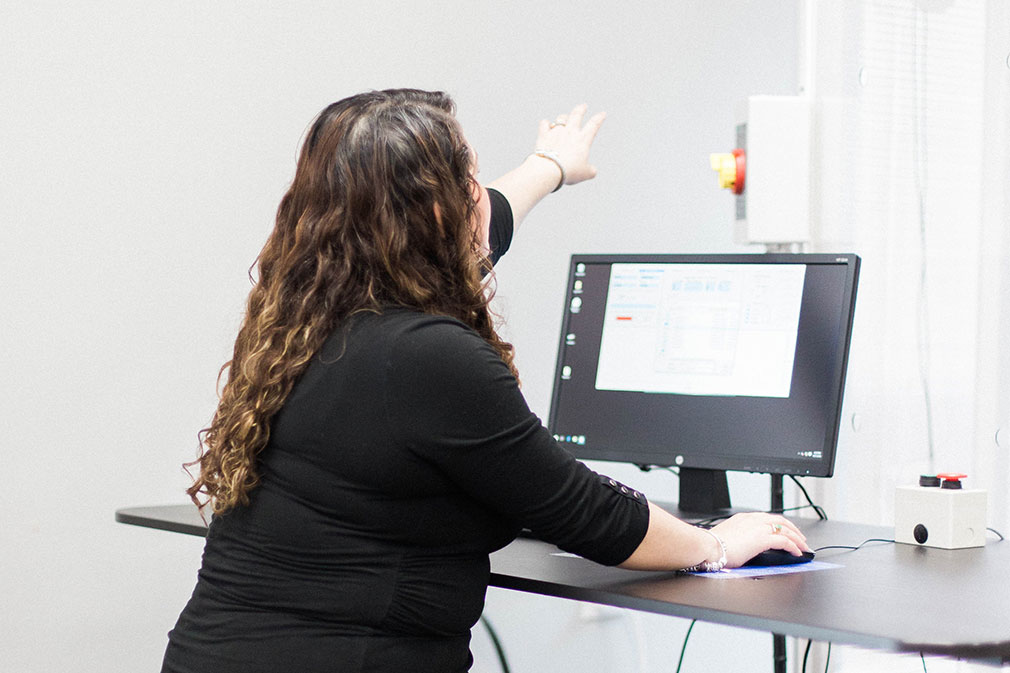Ask Dr. Nick
On today’s episode, Dr. Nick talks about different types of exercise and how each one can benefit the brain. There are many different types of exercises like low-intensity, high-intensity, aerobic/cardio, resistance and strength training, and yoga, and Pilates. All of these have been shown to improve brain health by increasing blood flow, improving neuroplasticity, and strengthening brain circuits. While a certain type may be recommended for a specific disease or condition, they all can be beneficial. For general brain health, Dr. Nick thinks that you should be well-rounded and diverse in your exercise routine. This keeps the body guessing and prevents boredom, avoids over-training in one area or one part of the body, and improves all aspects of mental, emotional, and physical health. Check out the video for more in-depth information on the benefits of exercise for the brain and how to set up a weekly exercise schedule!
References:
- Schmitt A, Upadhyay N, Martin JA, Rojas S, Strüder HK, and Boecker H. Modulation of Distinct Intrinsic Resting State Brain Networks by Acute Exercise Bouts of Differing Intensity. Brain Plast. 2019; 5(1):39-55. doi: 10.3233/BPL-190081
- Petzinger GM, Fisher BE, McEwen S, Beeler JA, Walsh JP, and Jakowec MW. Exercise-enhanced neuroplasticity targeting motor and cognitive circuitry in Parkinson’s disease. Lancet Neurol. 2013; 12(7):716-26. doi: 10.1016/S1474-4422(13)70123-6
- Herold F, Törpel A, Schega L, and Müller NG. Functional and/or structural brain changes in response to resistance exercises and resistance training lead to cognitive improvements – a systematic review. Eur Rev Aging Phys Act. 2019; 16:10. doi: 10.1186/s11556-019-0217-2
- Mooventhan A and Nivethitha L. Evidence based effects of yoga in neurological disorders. J Clin Neurosci. 2017; 43:61-67. doi: 10.1016/j.jocn.2017.05.012




